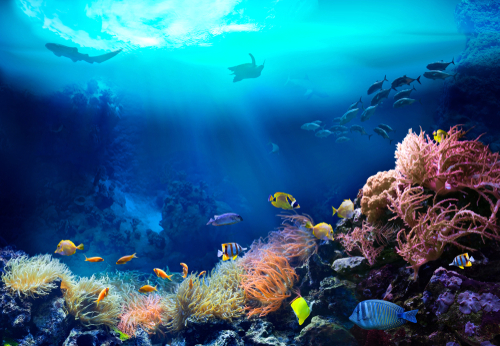Nice, France – June 13, 2025
The Third United Nations Ocean Conference (UNOC3) closed with a resounding message: global unity is possible — and urgently needed — to save our oceans. Over 170 nations, including more than 60 heads of state and government, joined forces on France’s Mediterranean coast to adopt a sweeping declaration and announce hundreds of new commitments.
From marine conservation to pollution reduction, the summit signaled what many are calling a turning point for global ocean governance.
“We leave Nice not only with hope, but with action,” said Li Junhua, the UN’s Under-Secretary-General for Economic and Social Affairs and Secretary-General of UNOC3.
A Blueprint for Ocean Action
The conference’s centerpiece outcome, dubbed the Nice Ocean Action Plan, includes both a global political declaration and over 800 voluntary pledges. These came from governments, scientific communities, civil society groups, and UN bodies, all focused on reversing ocean degradation and achieving the goals of SDG 14: Life Below Water.
Among the standout commitments:
- European Commission pledged €1 billion for ocean conservation and sustainable fishing.
- French Polynesia committed to creating the world’s largest marine protected area, spanning 5 million km².
- Germany announced a €100 million initiative to remove old munitions from the Baltic and North Seas.
- New Zealand invested $52 million into ocean governance across the Pacific.
- Spain added five new marine protected areas.
An alliance of 37 nations, led by Panama and Canada, launched a “High Ambition Coalition for a Quiet Ocean” to address underwater noise pollution. Indonesia, with support from the World Bank, introduced a ‘Coral Bond’ to support reef conservation.
Push to Ratify the High Seas Treaty
A major focus in Nice was accelerating the ratification of the High Seas Treaty (BBNJ Agreement), adopted in 2023 to protect marine life in international waters. Nineteen new countries ratified the accord during the week, bringing the total to 50 — just 10 shy of the 60 needed for it to enter into force.
“It’s a significant victory,” said France’s special envoy Olivier Poivre d’Arvor. “We’ve taken steps forward — and there’s no turning back.”
Not Just Talk — A Test of Global Will
While the summit delivered an optimistic vision, questions remain about implementation. Will countries follow through?
Peter Thomson, UN Special Envoy for the Ocean, reminded delegates that 2028, the year of the next UN Ocean Conference (to be co-hosted by Chile and South Korea), will be a moment of accountability.
“What matters is what happens after the conference,” said Thomson. “We’ve raised ambition — now we need results.”
What’s Next?
The conference reaffirmed the goal to protect 30% of the world’s oceans and land by 2030, aligning with the Kunming-Montreal Biodiversity Framework and climate goals from the International Maritime Organization.
However, concerns from Small Island Developing States (SIDS) about climate damage and calls for a deep-sea mining moratorium were not fully addressed in the final declaration.
Despite this, the declaration — titled “Our ocean, our future: united for urgent action” — represents a global consensus to act swiftly.
Final Thought
As the sun set over the port of Nice, ship horns echoed in tribute to a fragile but shared promise: to protect our ocean before it’s too late.
“The true measure of success,” said Mr. Li, “is not what we said in Nice, but what we do next.”




